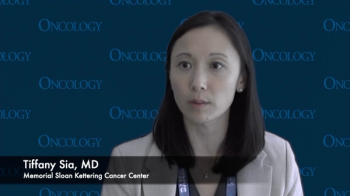
At 2022 IGCS, Tiffany Sia, MD, spoke about using procedural interventions to treat patients with gynecologic malignancies who have oligoprogression on treatment with immune checkpoint inhibitors.

Your AI-Trained Oncology Knowledge Connection!


At 2022 IGCS, Tiffany Sia, MD, spoke about using procedural interventions to treat patients with gynecologic malignancies who have oligoprogression on treatment with immune checkpoint inhibitors.
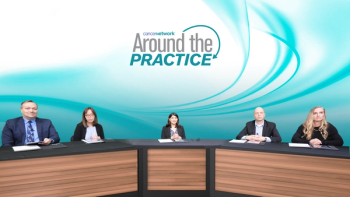
Caitlin Costello, MD, describes how to determine if a patient with MM is transplant-ineligible, and some factors to take into consideration when choosing a treatment regimen.

The panel explains their opinions on induction therapy approaches for high-risk and standard-risk patients with NDMM.
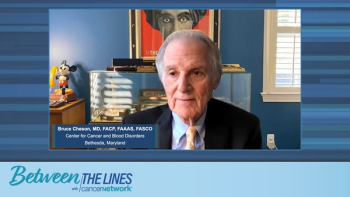
Drs Cheson and Park briefly review previous data from the E7438-G000-101 trial on tazemetostat in patients with wild-type or EZH2-mutant R/R FL, and then describe the findings of a more recent 2022 propensity score-matched analysis of the data that was intended to address baseline clinical differences between the two patient populations.
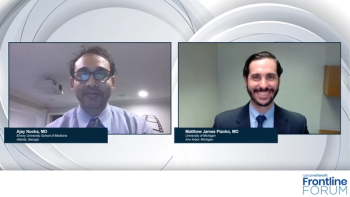
Drs Nooka and Pianko discuss how they measure a successful treatment response in patients with transplant-eligible multiple myeloma after induction therapy.

An oncologist muses on the potential of real-world data in evaluating the use of a quadruplet regimen for newly diagnosed transplant-eligible multiple myeloma.
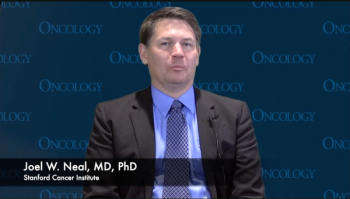
In terms of tumor control, treatment with cabozantinib and atezolizumab led to an overall response rate of 19% among patients with advanced non–small cell lung cancer, according to Joel W. Neal, MD, PhD.
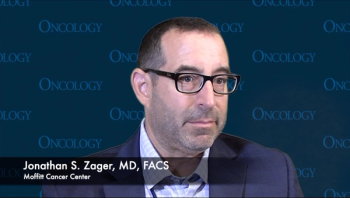
Jonathan S. Zager, MD, discussed the use of percutaneous hepatic perfusion vs best alternative care for patients with hepatic-dominant ocular melanoma analyzed in the phase 3 FOCUS trial.
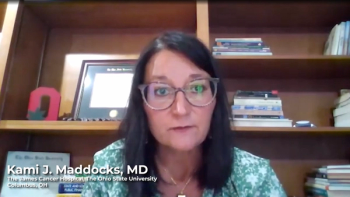
In an interview, Kami J. Maddocks, MD, details therapies that may shake up the standard of care in lymphoma going forward.
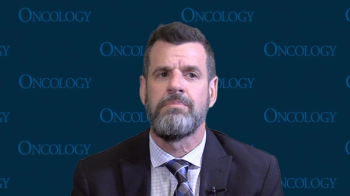
At 2022 ASCO, Matthew Schabath, PhD, discussed the COLORS training designed to improve cultural sensitivity amongst oncologists treating patients within the LGBTQ+ community.
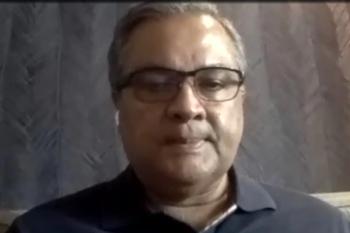
PARP inhibitors like rucaparib should be considered to treat all kinds of patients, including those who have deleterious mutations and HRD, according to Amit Oza, MD, MBBS, FRCPC.
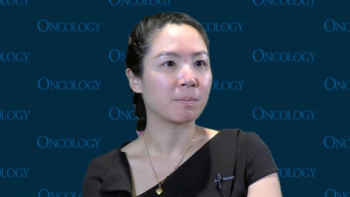
Catherine A. Shu, MD, spoke about the most important findings from the phase 1 CHRYSALIS-2 trial for patients with previously treated EGFR-mutant non–small cell lung cancer who are administered amivantamab plus lazertinib.

PARP inhibitors such as rucaparib appear to garner the most benefit in the early maintenance setting in patients with ovarian cancer who have less advanced disease and less heterogeneity, according to Amit Oza, MD, MBBS, FRCPC.
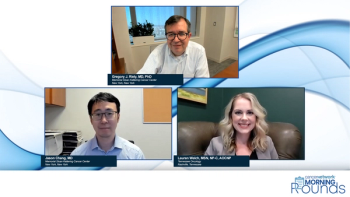
Best treatment approaches for patients with advanced NSCLC in the context of individualized therapy and an evolving therapeutic landscape.
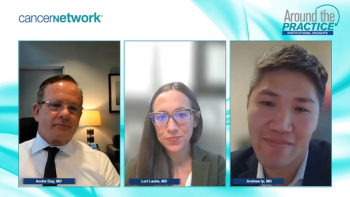
Experts comment on the future of CAR T-cell therapy development and the use of dual CAR-T and CAR-T retreatment.

Drs Goy, Ip, and Leslie close out their discussion with a look at the exciting developments and future of CAR T-cell therapies in lymphoma treatment.

Key opinion leaders describe when to refer a patient with lymphoma and at what point treatments should be switched, and the evolution of T-cell engaging therapies.
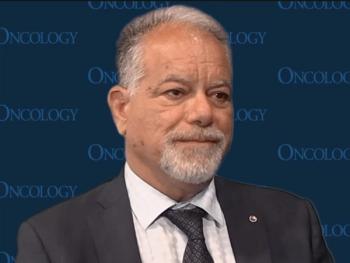
Abiraterone and olaparib continued to demonstrate a positive trend in overall survival (OS) in patients with metastatic castration-resistant prostate cancer, according to Fred Saad, MD, FRCS, though he stated that longer follow-up is needed to confirm the benefit.
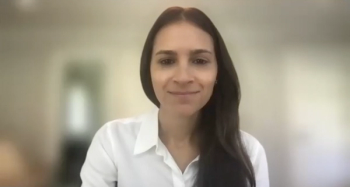
Alison M. Schram, MD, spoke about key findings from the phase 2 eNRGy trial assessing zenocutuzumab in patients with NRG1 fusion–positive advanced solid tumors.

Dr Andrew Cowan describes how the appropriate duration of therapy for patients with transplant-eligible multiple myeloma, and Dr Caitlin Costello discusses her approach to maintenance therapy.

Larry Anderson, MD, explains the study design and outcomes of the DETERMINATION study, and sparks a discussion on which patients with NDMM should receive stem cell transplants.
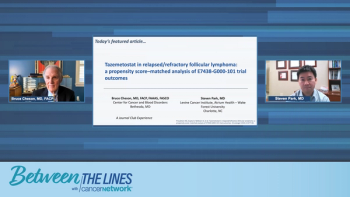
Opening their discussion on relapsed/refractory follicular lymphoma (R/R FL), expert participants review the spectrum of available treatments in this setting.

In an interview, Kami J. Maddocks, MD, showed her excitement about future use of bispecific antibodies for the treatment of lymphomas.
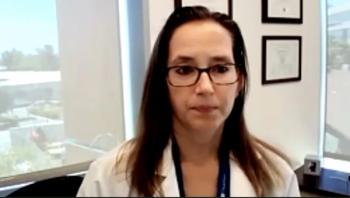
Tanya Dorff, MD, spoke about how CAR T-cell therapy could be a potential new addition to the prostate cancer treatment paradigm based on data from ongoing studies.

Ajay Nooka, MD, explains how he selects treatment regimens for patients with newly diagnosed transplant-eligible multiple myeloma in his clinical practice.

An expert reviews data from the ongoing GMMG HD7 (German) trial investigating isatuximab in combination with bortezomib, lenalidomide and dexamethasone (Isa-VRd) versus VRd in the treatment of transplant-eligible newly diagnosed multiple myeloma.
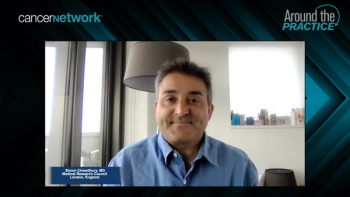
Before closing out their discussion on novel treatment approaches to metastatic CSPC, expert panelists share hope for further evolution in care.
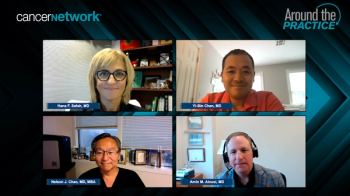
Closing out their panel on GVHD management, expert hematologist/oncologists share their hope for future evolution in the treatment landscape.

Kami J. Maddocks, MD, reviews updates to a pivotal trial supporting the use of brentuximab vedotin in advanced-stage Hodgkin lymphoma and ongoing research into PD-1 inhibitors in this space.
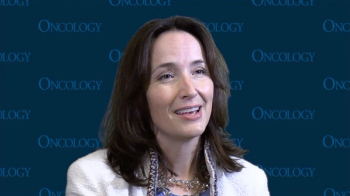
At ASCO 2022, Pamela L. Kunz, MD, spoke about a phase 2 trial investigating temozolomide alone and temozolomide plus capecitabine in advanced pancreatic neuroendocrine tumors.